According to Yonhap, the Korean Ministry of Labor has recently proposed to amend the regulation on maximum weekly working hours. Current labor law in Korea stipulates the maximum working hours is 52 hours/week (40 regular hours and 12 overtime hours). Companies face penalties if overtime exceeds the maximum number of hours.
However, to meet the various labor needs of businesses, the Korean government plans to amend it to allow companies more flexibility in adjusting working hours, allowing companies to increase the maximum working hours to 69 hours/week, while keeping the average working hours within the limit of 52 hours.
Increasing the weekly workweek to 69 hours means that employers can require workers to work up to 29 hours of overtime a week in addition to the official 40 hours. The government argues that the revision will allow companies to mobilize employees during busy work weeks. Employees can then choose other days to take off in lieu.
The current weekly work hour limit limits the freedom of companies and workers to choose their hours. Given Korea’s aging society, working harder in exchange for more vacation time would allow workers to spend more time with their families and even boost the country’s declining birthrate.
“We can solve serious social problems such as rapid aging and low birth rates by allowing women to choose more flexible working hours,” Labor Minister Lee Jung-sik explained.
Working hours have always been a controversial issue in South Korea, where the average number of working hours is among the highest among developed countries in the world. According to statistics from the Organization for Economic Cooperation and Development (OECD), in 2021, the average Korean employee worked a total of 1,915 hours per year, the fifth highest in the OECD and nearly 200 hours higher than the global average.
A culture of workaholism that dates back to the post- World War II reconstruction of South Korea is one of the reasons why the Asian nation has one of the lowest birth rates in the world. Many also fear that changing regulations to extend the maximum work week will have a negative impact on workers’ health, reversing previous efforts to limit working hours that were implemented in 2018. Labor unions in South Korea have criticized the plan as an “outdated idea” and accused the government of forcing workers to work long hours.
Some critics have also argued that the new plan risks increasing unemployment by allowing companies to fire workers who do not meet demands for longer hours. In addition, President Yoon Suk-yeol has faced opposition in the National Assembly, where the opposition party has vowed to block the reform, noting the high rate of burnout and death from long working hours in South Korea.
Since taking office in May 2022, the administration of President Yoon Suk-yeol has pushed for reform of the labor and employment system, making labor reform a policy priority. He pledged that the government would try to address people's concerns by introducing regulations limiting the number of working hours per month, quarter or year, and ensuring the health of workers.
However, it is undeniable that the proposal to increase working hours in Korea is going against the current trend when many countries are aiming to reduce the working week, helping workers to be less pressured at work, have time for family, friends and their own hobbies. The World Health Organization (WHO) also warns that working more than 55 hours/week is a serious health hazard. Therefore, experts say that Korea needs to be careful in applying the model of increasing maximum working hours to avoid negative impacts on workers' health as well as the economy of the kimchi country.
NGOC HAN
Source













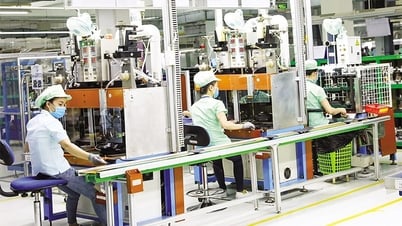






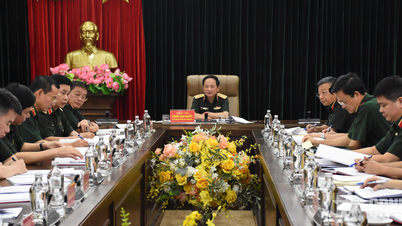
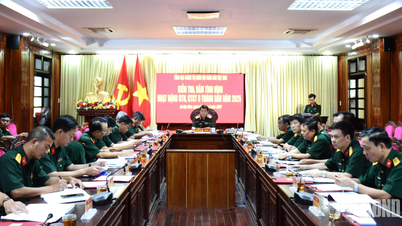

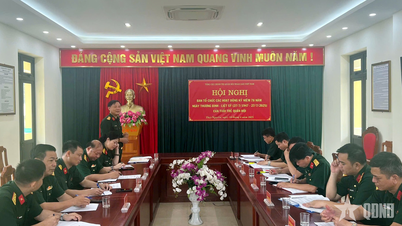
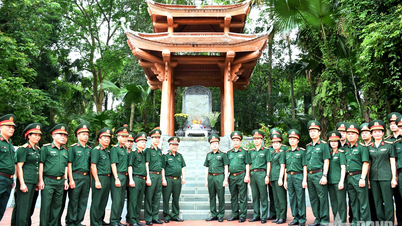


















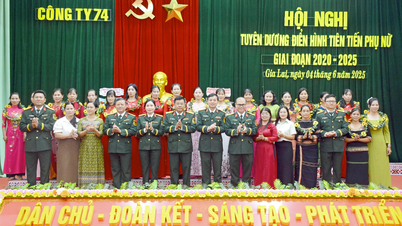









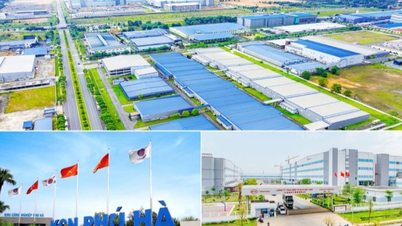






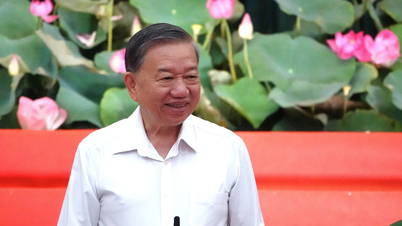

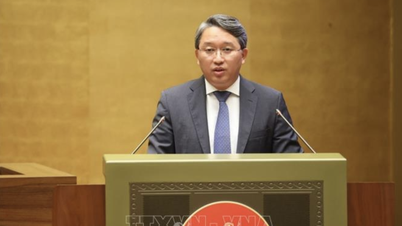
































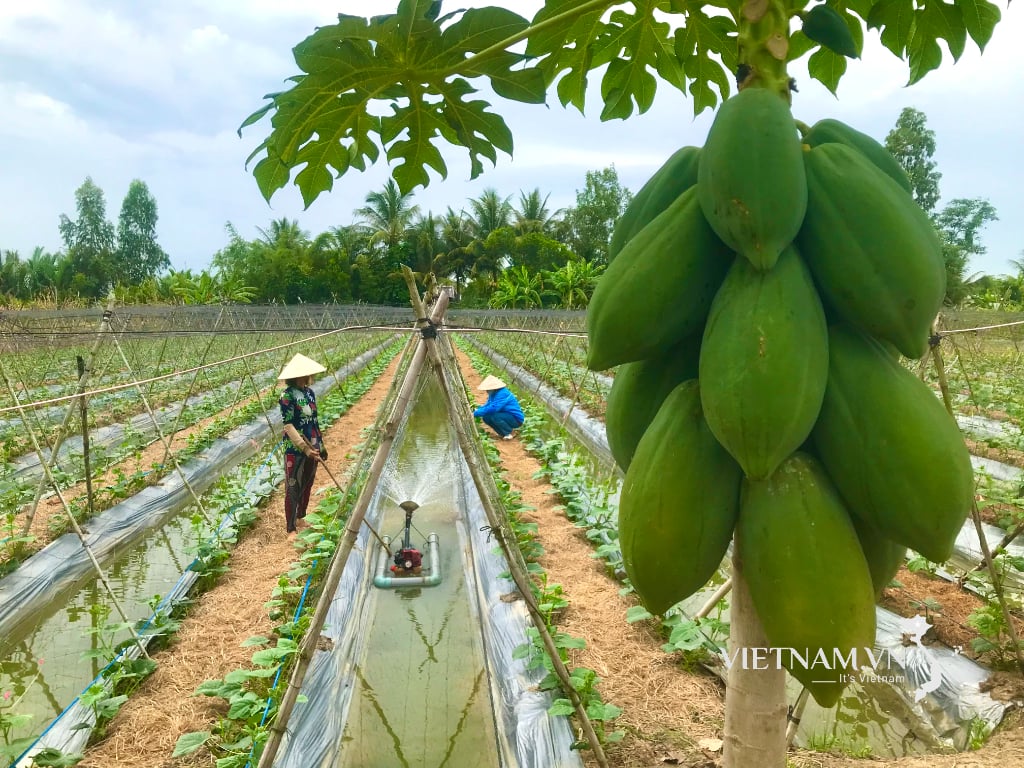


Comment (0)